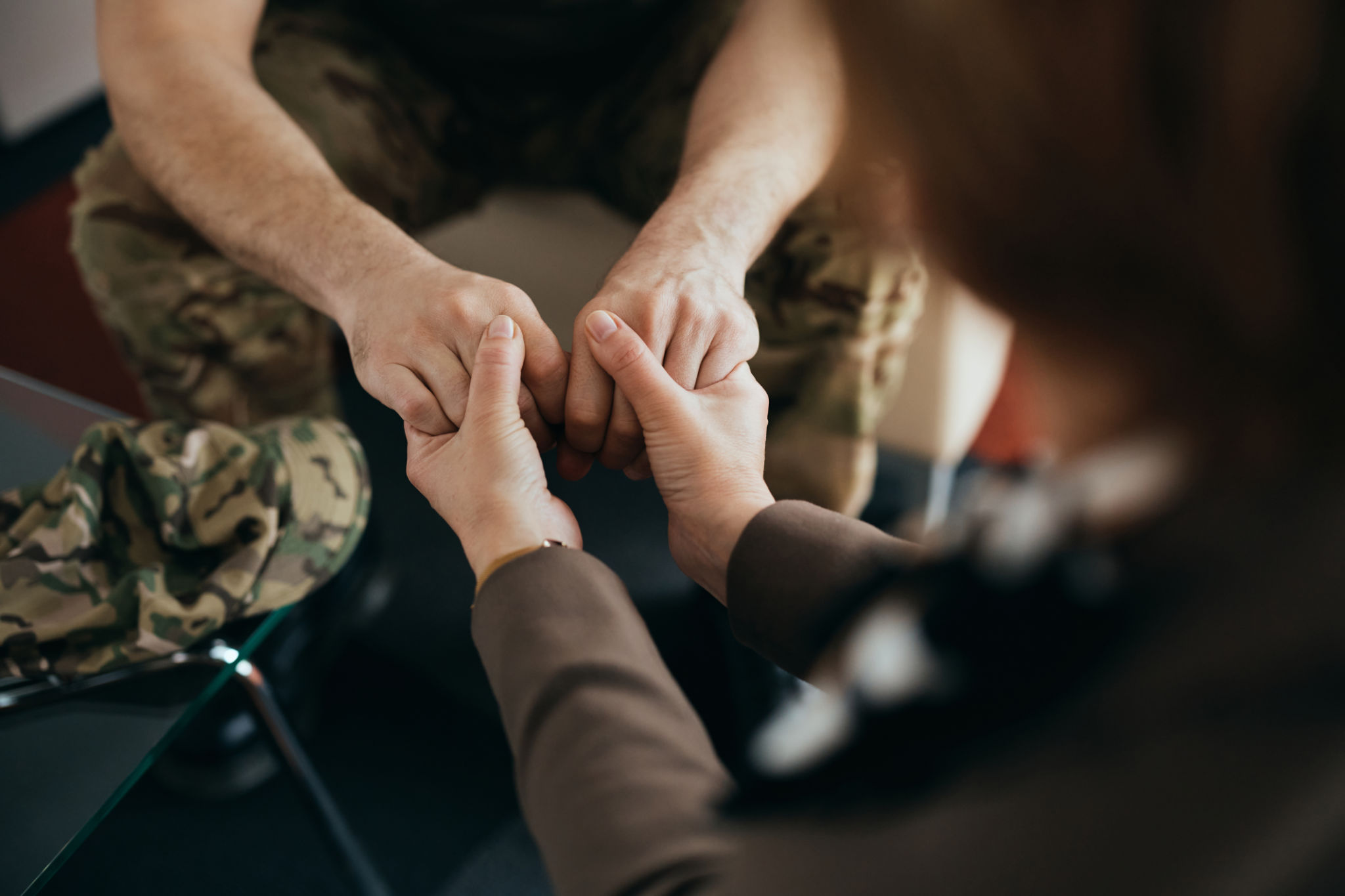Exploring Holistic Approaches to Managing PTSD: A Comprehensive Guide for Veterans
Understanding PTSD in Veterans
Post-Traumatic Stress Disorder (PTSD) is a mental health condition that significantly impacts the lives of many veterans. Triggered by experiencing or witnessing traumatic events, it can lead to severe symptoms such as flashbacks, nightmares, and heightened anxiety. Traditional treatments like therapy and medication are common, but many veterans seek alternative approaches to complement these methods.

The Rise of Holistic Approaches
Holistic approaches to managing PTSD focus on treating the whole person rather than just the symptoms. This method emphasizes physical, emotional, mental, and spiritual well-being, offering a more comprehensive path to healing. For veterans, these approaches can be particularly beneficial, providing tools to help manage stress and regain control of their lives.
Mindfulness and Meditation
Mindfulness and meditation have gained popularity as effective tools in managing PTSD. These practices encourage individuals to focus on the present moment, reducing stress and anxiety. Studies have shown that regular meditation can help veterans increase their self-awareness and emotional regulation, leading to improved mental health outcomes.

Exercise and Physical Activity
Physical activity is another crucial component of holistic PTSD management. Exercise releases endorphins, which are natural mood lifters. Activities like yoga, tai chi, and even regular walking can improve physical health while also providing mental clarity and reducing symptoms of depression and anxiety.
Emotional and Creative Outlets
Creative therapies such as art, music, and writing offer veterans a safe space to express their emotions. These therapies can help process trauma by allowing emotions to be explored in a non-verbal way. For some veterans, creating art or writing about their experiences can be a therapeutic release that contributes to healing.

The Role of Nutrition
Nutrition plays a vital role in overall well-being and can significantly affect mental health. A balanced diet rich in vitamins, minerals, and omega-3 fatty acids can enhance brain function and stabilize mood. Veterans should consider consulting with a nutritionist to tailor a diet plan that supports their mental health needs.
Building a Supportive Community
Being part of a supportive community is crucial for veterans dealing with PTSD. Support groups provide a safe environment to share experiences and learn from others facing similar challenges. These connections foster a sense of belonging and understanding, which can be incredibly comforting during the healing process.

Integrating Holistic Practices into Daily Life
For holistic approaches to be effective, they must be integrated into daily routines. Veterans should start by incorporating one or two practices that resonate with them, gradually building a comprehensive self-care plan. Consistency is key, as regular practice can lead to more sustainable improvements in mental health.
In conclusion, exploring holistic approaches provides veterans with valuable tools for managing PTSD. By addressing the mind, body, and spirit, these methods offer a path toward healing that complements traditional treatments. Veterans are encouraged to explore these options and find what works best for their journey toward recovery.